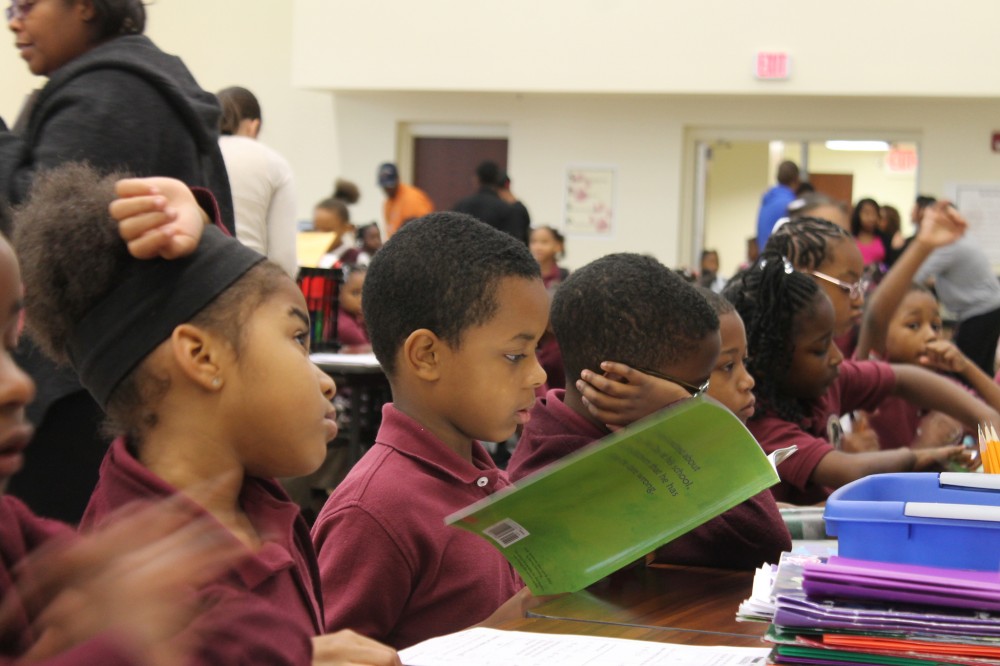Does school choice create better choices?
We've had decades of experiments with charter schools and vouchers. There are no resounding success stories.
The movement for school choice has a champion in the White House and in education secretary Betsy DeVos. President Trump wants to spend $20 billion on expanding charter schools and voucher programs to provide alternatives to what he deems a failed public system. DeVos has spent her career—and much of her own money—trying to redirect tax dollars from public schools into privately managed charter schools or tuition vouchers that can be used at private institutions. DeVos prizes the private education she received at Christian Reformed schools and wants others to benefit from a similar experience.
Yet several decades of experiment with charters and vouchers have not produced resounding success stories. The record of charter schools in DeVos’s home state of Michigan offers a cautionary tale, one that has been repeated in other states. An investigation by the Detroit Free Press found that Michigan taxpayers poured nearly $1 billion a year into charter schools with no oversight over how the money was spent or who was doing the teaching at those schools. The Free Press found instances of financial fraud and of schools being allowed to operate for years despite a poor record of achievement. Charter schools gave Michigan students more choices, but their choices were generally no better than the ones they had before.
Nor have vouchers lived up to their promise. In Milwaukee, for example, home of the nation’s longest-running experiment with a voucher program, academic performance in voucher-funded private schools is generally about the same as in public schools. Studies of programs in Ohio and Louisiana found that students using vouchers actually did worse than public school students.





